Window 1 venues: Everything you need to know
BANGKOK (Thailand) - The FIBA Asia Cup 2021 Qualifiers are about to tipoff. Do you know where the game during the first window of the Asia Cup Qualifiers will be played yet?
BANGKOK (Thailand) - The FIBA Asia Cup 2021 Qualifiers are about to tip-off, and for the first time ever teams will go through a qualification process to qualify for the FIBA Asia Cup.
With the home and away format of the competition being used in this stage for teams in the same groups, there will be a lot of venues serving as the stage for each respective country to showcase their game.
Here we take a quick tour through the arenas that will be on display in the first window of the Asia Cup Qualifiers:
Mahaka Arena (Indonesia)
Capacity: 5000
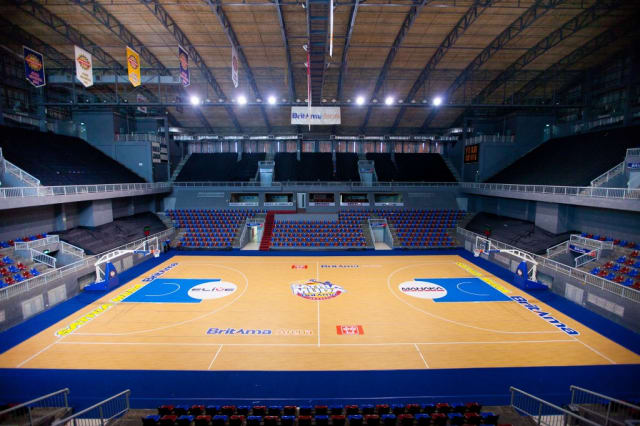
Indonesia will be playing two home games in the first window, hosting Korea on 20 February and the Philippines on 23 February. Their home turf will be at the Mahaka Arena right in Jakarta, ready to be jam-packed with their faithful fans.
The venue has hosted multiple regional basketball championships and title games and will now serve as the opening stage for Indonesia on their path to qualify for Asia Cup 2021.
Jamsil Students’ Gymnasium (Korea)
Capacity: 7500
The Jamsil Students’ Gymnasium is one of the older venues to be showcased in the first window of the Asia Cup Qualifiers, having opened in April 1977.
The gymnasium located in Seoul is well known for being the home arena for the Seoul SK Knights in the Korean Basketball League (KBL). However, it has also served its time as the venue for other sports events including the 1988 Olympics.
Jamil Student’s Gymnasium will be hosting Thailand on 23 February this year, exactly two years after hosting Hong Kong at the World Cup Qualifiers in 2018. Korea also played their next World Cup Qualifier game against New Zealand here as well.
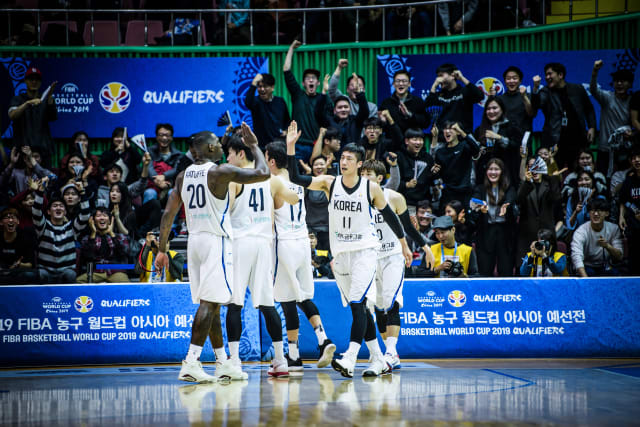
(Korea, FIBA Basketball World Cup 2019 Asian Qualifiers)
Taipei Heping Basketball Gymnasium (Chinese Taipei)
Capacity: 7000
The Taipei Heping Basketball Gymnasium was the basketball arena for Chinese Taipei throughout their three home games of the World Cup Qualifiers. That will continue through the Asia Cup Qualifiers as Chinese Taipei are scheduled to host both Malaysia (20 February) and Japan (23 February) in the first window here in this arena.
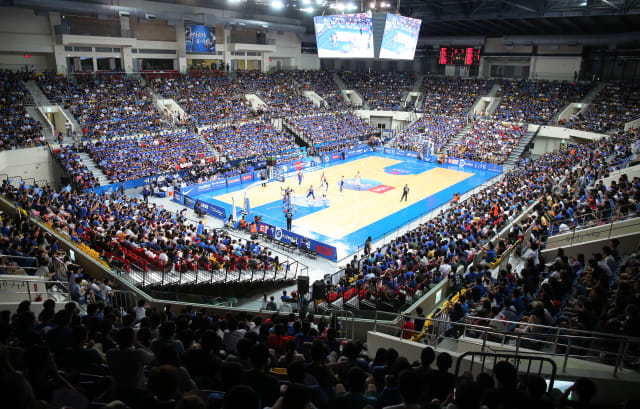
(Chinese Taipei, FIBA Basketball World Cup 2019 Asian Qualifiers)
The venue officially opened in June 2017 as has seen a large amount of basketball competition aside from the aforementioned World Cup Qualifiers. From hosting the William Jones Cup to being the home venue of the Taipei Fubon Braves in the ASEAN Basketball League (ABL), the Taipei Heping Basketball Gymnasium has proven to be one of the premier destinations for basketball in Taipei.
Nissan Arena (Australia)
Capacity: 5000
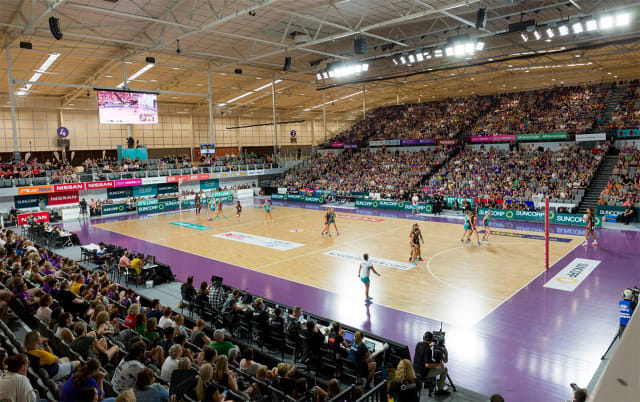
The Nissan Arena will be celebrating its first anniversary since opening on 24 February 2019 during the first window of the Qualifiers, in between the two home games for Australia. New Zealand will be visiting on 20 February, followed shortly by Hong Kong, who will play on 23 February.
The venue located in Queensland has served as the home court for the Brisbane Bullets in the National Basketball League (NBL) and will now be home for the Boomers as well, at least for this first window.
Calvo Field House (Guam)
Capacity: 3892
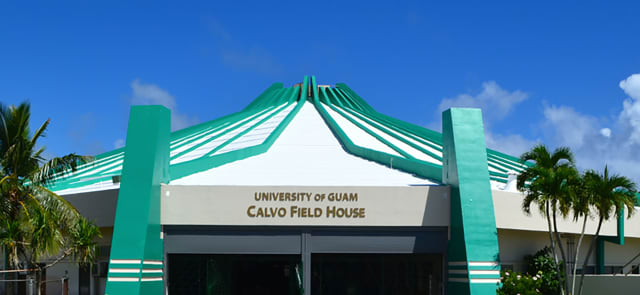
Guam are more than excited to be playing in the Asia Cup Qualifiers with a chance to make it to the Asia Cup for the very first time in 2021. They will also be strutting off their home court, the Calvo Field House, twice in the first window of the Qualifiers. The first game Guam plays at Calvo Field House will be against Hong Kong on 20 February, before a consecutive game against New Zealand on 23 February.
The arena is located at the University of Guam, taking its current name in 2014 after being formerly known as the UOG Field House.
Nouhad Nawfal Arena (Lebanon)
Capacity: 8000
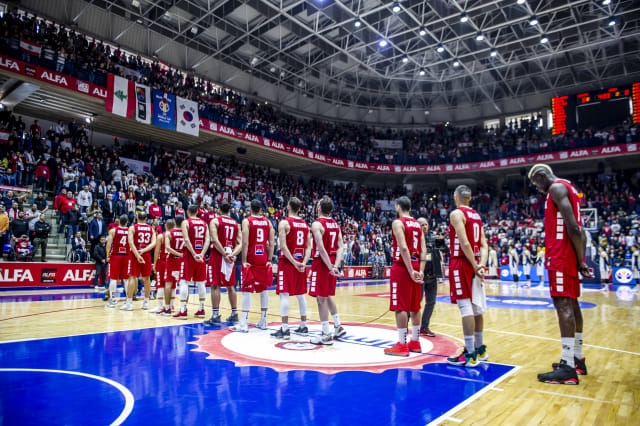
(Lebanon, FIBA Basketball World Cup 2019 Asian Qualifiers)
The Nouhad Nawfal Arena will be one of the most recognizable courts in this first window. Not only was it the home venue for Lebanon throughout the entire World Cup Qualifiers, but it was also the stage for the Asia Cup in 2017 as well.
Syria also used the Nouhad Nawfal Arena as their home court for the World Cup Qualifiers, in their attempt to “keep basketball alive” despite being at war for most of the recent years.
Khalifa Sports City Complex (Bahrain)
Capacity: 3600
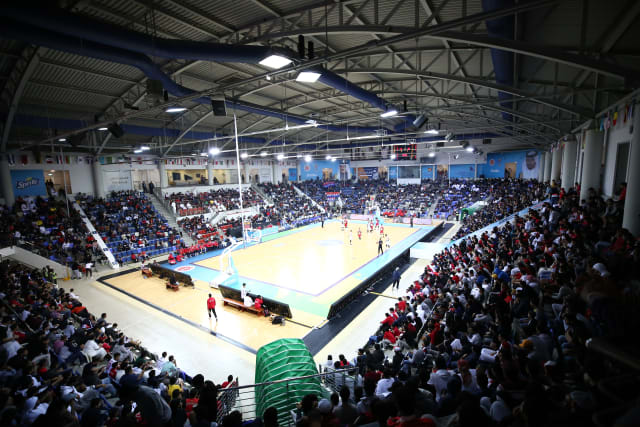
When Bahrain hosted the Western Region Pre-Qualifiers, the games were played at the Zain Sports Arena in Manama, which held 2,000 spectators. They are stepping it up for the Qualifiers, taking their home games to the Khalifa Sports City Complex in Isa Town, which can crowd in nearly twice the amount of fans.
Bahrain will only be playing one home game in this window, when they host India on 21 February.
Al-Shaab Stadium (Iraq)
Capacity: 3000
Iraq will be playing in Baghdad for their first home game of the Qualifiers, hosting India on 24 February. The game will be played at Al-Shaab Stadium, which opened all the way back in 1980.
None of Iraq’s games were played at this venue throughout the World Cup Qualifiers, and maybe this will be a chance of scenery that can give them the advantage in the first window.
Azadi Arena (Iran)
Capacity: 3000
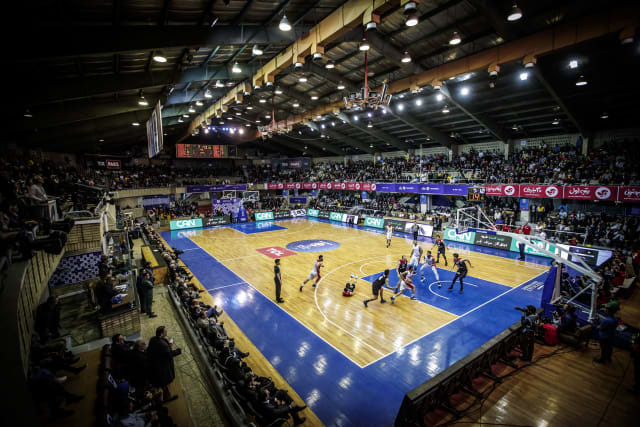
(Iran, FIBA Basketball World Cup 2019 Asian Qualifiers)
Three-time Asia Cup champions Iran nearly went undefeated at Azadi Arena during the World Cup Qualifiers. They even collected a win against the mighty Boomers at this venue in the very last game of the World Cup Qualifiers.
Azadi Arena has been operating ever since 1971 with recent renovations and has hosted major events such as the FIBA U18 Asian Championship 2016.
Iran are already strong enough with the players in their talent pool. Giving them home-court advantage, as they will get on 23 February, means it will be an uphill battle for their long-time rivals Qatar who will be in town.
King Abdullah Sports City (Saudi Arabia)
Capacity: 5050
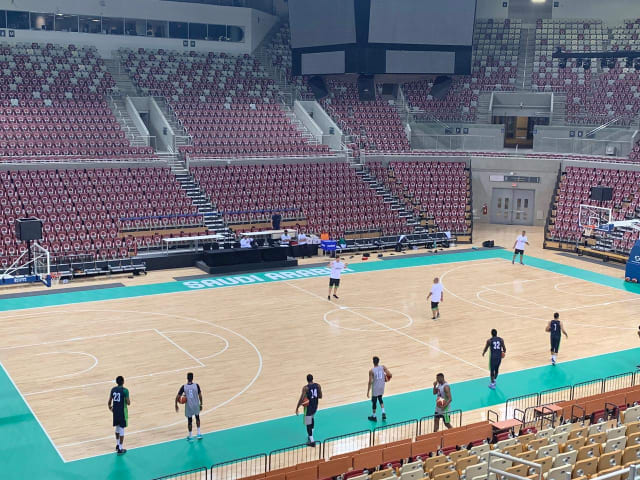
FIBA basketball will be live in Saudi Arabia for the first time in over two decades and the first time ever in Jeddah at the King Abdullah Sports City complex. The 10,000-seater indoor sports arena which opened back in 2014 will be hosting Qatar on 20 February and Syria on 23 February.
Saudi Arabia are eyeing a rise back to becoming one of the top Asian basketball nations, and the journey will take off here at home for their first two Qualifier games.
Jekpe-Jek Saraiy (Kazakhstan)
Capacity: 9200
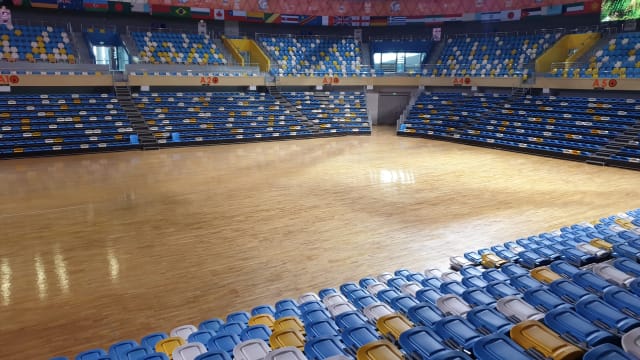
Kazakhstan played nearly all of their home games of the World Cup Qualifiers at the Sarkarya Velodrome. For the first window of the Asia Cup Qualifiers, however, they will be headed just around the block for their home games at the Jekpe-Jek Saraiy instead, still in the capital of Nur-Sultan.
Their first game will be played against Palestine on 21 February, followed by a marquee matchup against Jordan on 24 February.
Prince Hamza Hall (Jordan)
Capacity: 7500
Jordan basketball fans will be ready to rock the Prince Hamza Hall once again at the Asia Cup Qualifiers. They have already had the euphoric experience of celebrating Jordan’s success on their home court, winning the last two games of their World Cup qualifying games last year, including an emphatic win over New Zealand.
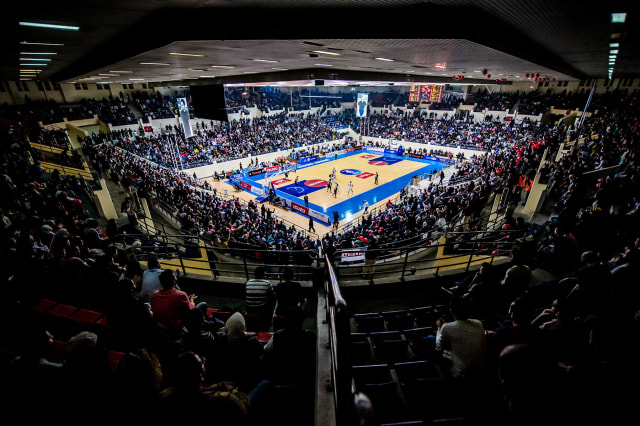
(Jordan, FIBA Basketball World Cup 2019 Asian Qualifiers)
This has not only been a memorable venue for Jordan, as it was also the home venue for Iraq when they completed an upset over Iran at the World Cup Qualifiers.
The Prince Hamza Hall had also recently hosted the friendly King’s Cup tournament, which featured five teams playing in the Qualifiers, including Jordan, Lebanon, Bahrain, Iraq, and Syria.
Jordan’s first game of the Asia Cup Qualifiers will be against Sri Lanka. The two teams will be playing at this arena on 21 February to start off their Qualifiers campaign.
Arab American University Gymnasium
Capacity: 5500
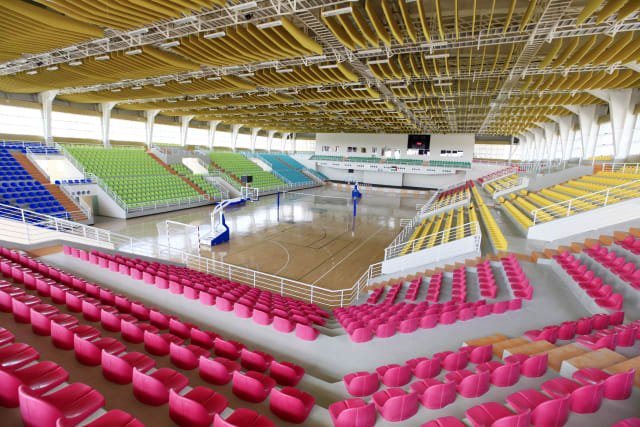
The Arab American University Gymnasium (AAUP Gym) might not have the historical résumé as that of the other venues listed here. However, at the end of the first window of the Qualifiers, this arena will be one of the most significant ever in Asian basketball history.
This will be the site of the game between Palestine and Sri Lanka on 24 February, which will also be the first time a FIBA competition game is held in the country. It’s moments in history that are about to happen like this that you will never forget when and where it occurred.
FIBA